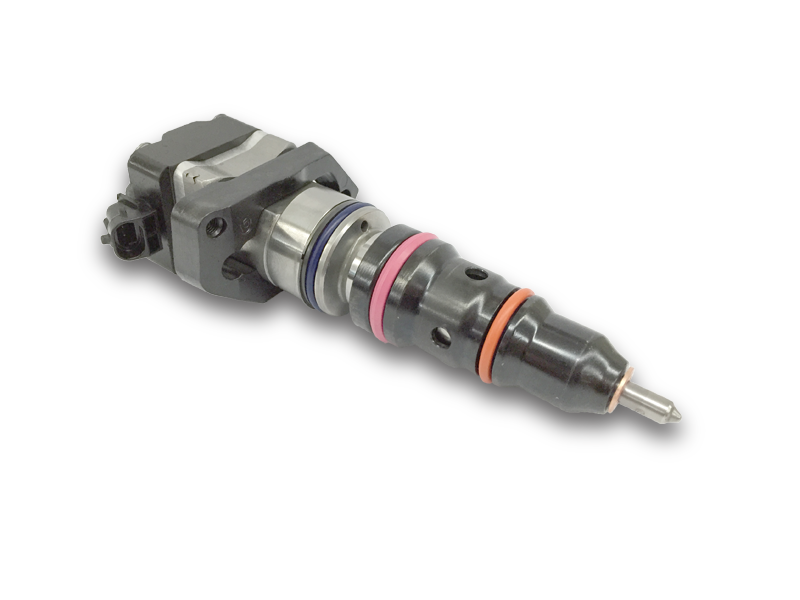The Importance of Fuel Injectors in Engine Performance


Understanding Fuel Injectors
Fuel injectors are a pivotal component in modern internal combustion engines. Their main function is to deliver the correct amount of fuel into the engine's combustion chamber. This process is essential for ensuring optimal engine performance and efficiency. A well-functioning fuel injector atomizes the fuel, allowing for a thorough mixing with air, which is crucial for effective combustion.
Impact on Performance and Fuel Consumption
The performance of an engine is directly influenced by the functioning of its fuel injectors. When these injectors are operating correctly, they ensure that the engine receives the appropriate fuel-air mixture, leading to better acceleration and overall power output. Conversely, a malfunctioning injector can cause a range of issues, including reduced engine power and stalling.
Moreover, fuel injectors play a significant role in enhancing fuel efficiency. An optimal fuel-to-air ratio allows the engine to burn fuel more completely, thus maximizing energy extraction from each drop of fuel. On the other hand, if the injectors are clogged or operating improperly, the engine may consume more fuel than necessary, adversely affecting fuel consumption and leading to increased operational costs.
Common Issues with Fuel Injectors
Despite their importance, fuel injectors are susceptible to various issues. One common problem is clogging, which can occur due to dirt and debris in the fuel, leading to restricted fuel flow. This can result in misfires and rough engine performance. Another issue is leaks, which can lead to fuel wastage and possibly create hazardous conditions.
Additionally, fuel injectors can suffer from electrical malfunctions or fail to open and close at the correct times, impacting the engine's efficiency. Regular maintenance, including cleaning and inspection, can help mitigate these issues and ensure that fuel injectors deliver optimal performance.
In conclusion, fuel injectors are a crucial element of an engine that significantly impact performance and fuel consumption. Understanding their function and the common issues they face can help drivers make informed decisions about vehicle maintenance and optimization, leading to improved performance and efficiency.


